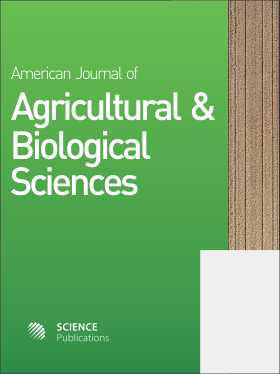Silkworm Pupae Protect Against Alzheimer’s Disease
- 1 Department of Physiology, Faculty of Medicine, Khon Kaen University, Thailand
- 2 Integrative Complimentary and Alternative Medicine Research Group, Khon Kaen University, Thailand
- 3 Department of Physiology and Graduate School (Neuroscience Program), Khon Kaen University, Khon Kaen, 40002, Thailand
- 4 The Queen Sirikit Department of Sericulture, Ministry of Agriculture and Cooperatives, Chatuchak, Bangkok, 10900, Thailand
Abstract
Silkworm (Bombyx mori) pupae have long been used as food and medicine in Asian countries. It is reputed for the treatment of numerous neurological disorders related to oxidative stress including stroke. Therefore, we hypothesized that silkworm pupae could attenuate memory impairment and neurodegeneration in Alzheimer’s disease. In the present study, we determined the effect of silkworm pupae on the neurodegeneration and memory impairment in animal model of Alzheimer’s disease. Adult male Wistar rats, weighing 180-220 g, were orally given the silkworm pupae at doses of 60, 90 and 135 mg kg-1 BW 14 days before and 7 days after the bilateral administration of AF64A, a cholinotoxin, via intracerebroventricular route. The animals were determined the memory using Morris water maze test and determined the density of neurons in hippocampus. All doses of silkworm pupae used in this study significantly mitigated the memory impairment and the decreased neurons density in hippocampus. To explore the possible underlying mechanism of the cognitive enhancing effect and neuroprotective effect, the activity of acetylcholinesterase enzyme and the Malondialdehyde (MDA), the oxidative marker were determined respectively. Our results clearly demonstrated that the cognitive enhancing effect of silkworm pupae occurred at least via the increased cholinergic function while its neuroprotective effect occurred via the decrease oxidative stress. In conclusion, silkworm pupae appear to be the potential functional food to protect against Alzheimer’s disease.
DOI: https://doi.org/10.3844/ajabssp.2012.330.336

- 7,932 Views
- 7,191 Downloads
- 58 Citations
Download
Keywords
- Silkworm Pupae
- Protects Against
- Alzheimer’s Disease
- Bilateral Administration
- Cognitive Enhancing
- Memory Impairment
- Clearly Demonstrated
